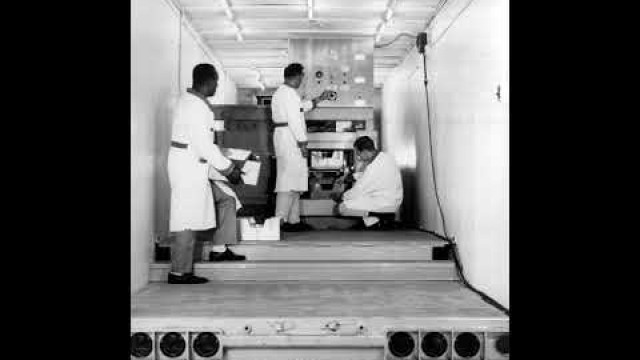

'This is an audio version of the Wikipedia Article: Food irradiation 00:01:47 1 Uses 00:04:32 2 Impact 00:05:21 2.1 Immediate effects 00:06:51 2.1.1 Misconceptions 00:08:28 2.1.2 Chemical changes 00:10:04 2.1.3 Food quality 00:11:51 2.1.3.1 Quality Impact on Minimally Processed Vegetables 00:13:12 2.2 Long-term impacts 00:15:23 2.2.1 Misconceptions 00:16:50 2.3 Indirect effects of irradiation 00:18:12 3 Treatment 00:19:51 3.1 Packaging 00:20:32 3.2 Dosimetry 00:21:46 3.3 Processes 00:21:54 3.3.1 Gamma irradiation 00:23:44 3.3.2 Electron beam 00:24:20 3.3.3 X-ray 00:25:15 3.4 Cost 00:26:27 4 Public perception 00:29:00 5 Standards & regulations 00:30:09 5.1 Labeling 00:32:17 5.2 Packaging 00:33:04 5.3 Food safety 00:33:55 5.3.1 United States 00:35:11 5.3.2 European Union 00:36:48 5.3.3 Australia 00:37:46 5.4 Nuclear safety and security 00:39:04 6 Irradiated food supply 00:41:23 6.1 United States 00:42:39 7 Timeline of the history of food irradiation 00:45:32 8 See also Listening is a more natural way of learning, when compared to reading. Written language only began at around 3200 BC, but spoken language has existed long ago. Learning by listening is a great way to: - increases imagination and understanding - improves your listening skills - improves your own spoken accent - learn while on the move - reduce eye strain Now learn the vast amount of general knowledge available on Wikipedia through audio (audio article). You could even learn subconsciously by playing the audio while you are sleeping! If you are planning to listen a lot, you could try using a bone conduction headphone, or a standard speaker instead of an earphone. You can find other Wikipedia audio articles too at: https://www.youtube.com/channel/UCuKfABj2eGyjH3ntPxp4YeQ You can upload your own Wikipedia articles through: https://github.com/nodef/wikipedia-tts \"The only true wisdom is in knowing you know nothing.\" - Socrates SUMMARY ======= Food irradiation is the process of exposing food and food packaging to ionizing radiation. Ionizing radiation, such as from gamma rays, x-rays, or electron beams, is energy that can be transmitted without direct contact to the source of the energy (radiation) capable of freeing electrons from their atomic bonds (ionization) in the targeted food. The radiation can be emitted by a radioactive substance or generated electrically. This treatment is used to improve food safety by extending product shelf-life (preservation), reducing the risk of foodborne illness, delaying or eliminating sprouting or ripening, by sterilization of foods, and as a means of controlling insects and invasive pests. Food irradiation primarily extends the shelf-life of irradiated foods by effectively destroying organisms responsible for spoilage and foodborne illness and inhibiting sprouting. Although consumer perception of foods treated with irradiation is more negative than those processed by other means, because people imagine that the food is radioactive or mutated, all independent research, the U.S. Food and Drug Administration (FDA), the World Health Organization (WHO), the Center for Disease Control and Prevention (CDC), and U.S. Department of Agriculture (USDA) have confirmed irradiation to be safe.Food irradiation is permitted by over 60 countries, with about 500,000 metric tons of food annually processed worldwide. The regulations that dictate how food is to be irradiated, as well as the food allowed to be irradiated, vary greatly from country to country. In Austria, Germany, and many other countries of the European Union only dried herbs, spices, and seasonings can be processed with irradiation and only at a specific dose, while in Brazil all foods are allowed at any dose.'
Tags: Radiation , wikipedia audio article , learning by listening , improves your listening skills , learn while on the move , reduce eye strain , text to speech , food preservation , food irradiation , environmental controversies , foodborne illnesses , intensive farming , pasteurized foods , pest control techniques , radiobiology , scientific controversies
See also:
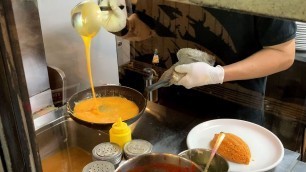
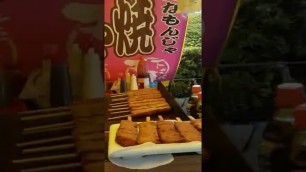


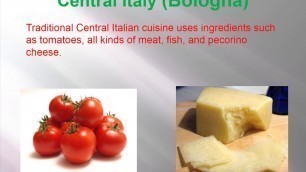

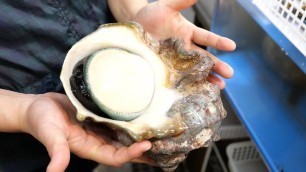
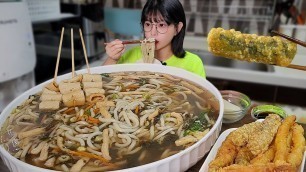
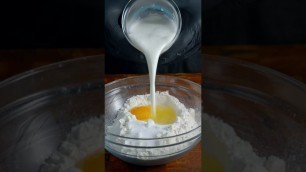


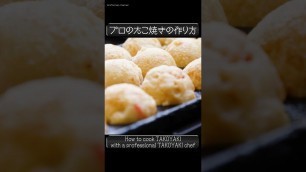
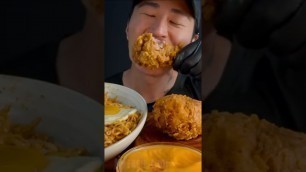



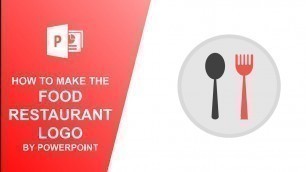
comments